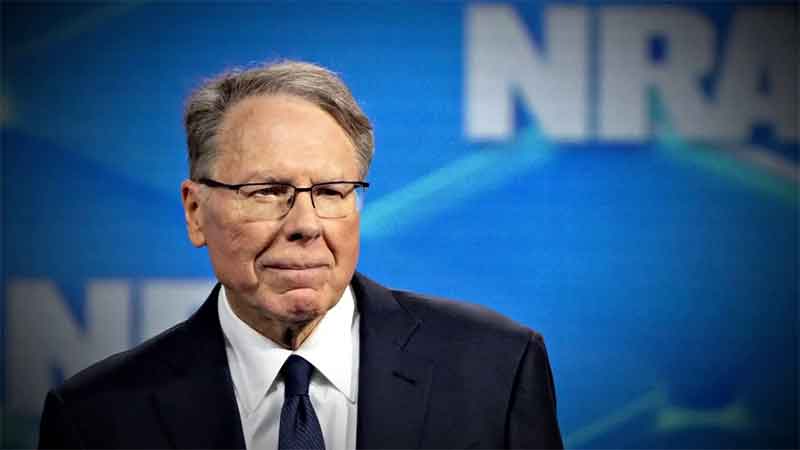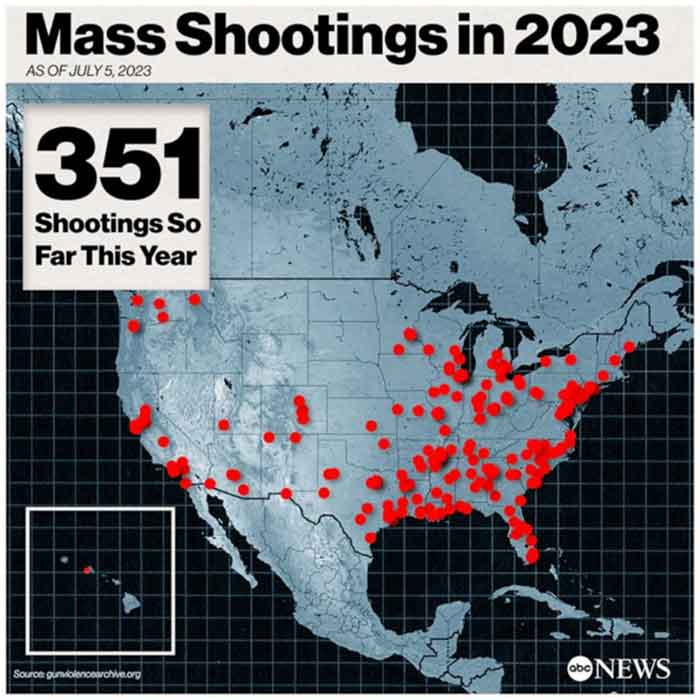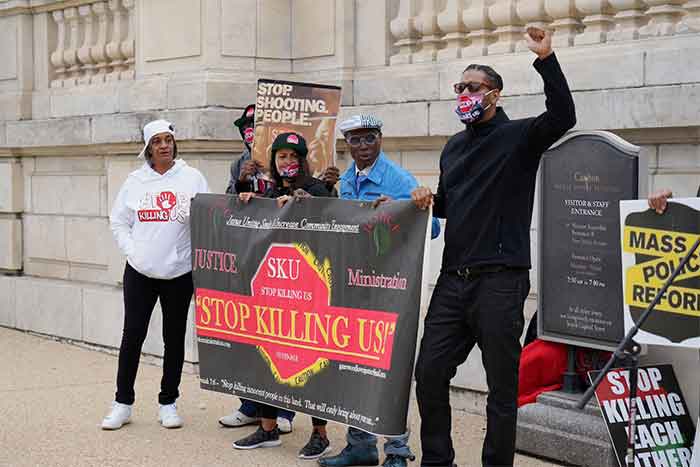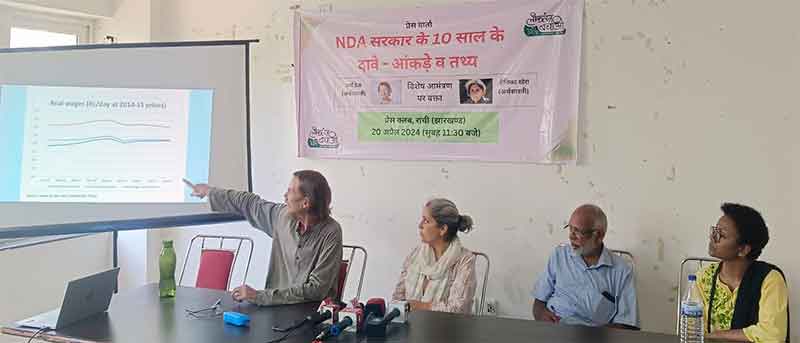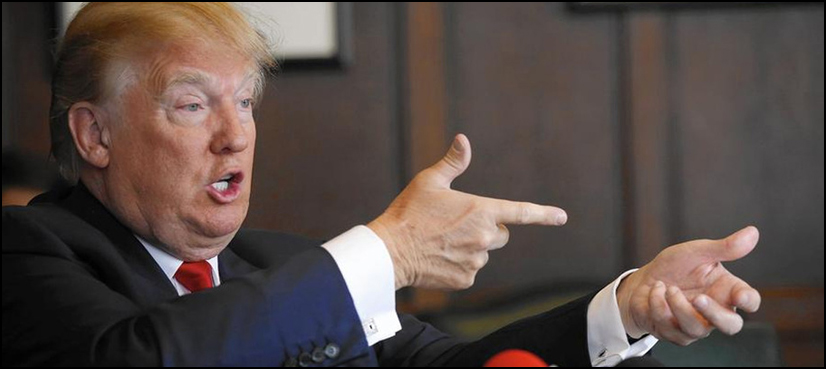
It had been in the works. Instead of engaging in the traditional revulsion associated with a mass shooting, or even digesting the grief of outraged students and grieving parents, US President Donald Trump’s solution to guns violence was elementary. To target the perpetrator, it was necessary to arm instructors, mount the barricades, and raise the stakes.
His address of February 15 was hackneyed but drew the lines of barriers and defence. It was a description of a dysfunctional environment, one further bloodied in the wake of the shootings in Parkland, Florida. “No child, no teacher, should ever be in danger in an American school. No parent should ever have to fear for their sons and daughters when they kiss them goodbye in the morning.”
A week later, he had met some of the survivors of the shootings at the Marjory Stoneman Douglas High School, adopting the familiar pose as radical agent of change, a person who would do things differently from his impotent or indifferent predecessors. At the very least, he would do something.
“I listened to their heartbreaking stories. I asked them for their ideas, and pledged to them that we will take action, unlike, for many years, where people in my position did not take action. They didn’t take proper action. They took no action at all. We’re going to take action.”
In fact, he claimed confidently, work was already being done by his administration to target guns – and criminals. Little distinction here is made between the armed gangs he boastfully targets, or the ill individual who prefers to resort to using weapons in a fit of disturbance. “So we’re working on getting violent offenders off the streets and guns out of the hands of the dangerous criminals.” He also promised firmer background checks, the removal of such incidents of the problem as bump stocks.
One of the more telling aspects of Trump’s latest approach to guns is his insistence on how best to deal with the “sick guy” behind the trigger. Nikolas Cruz had “so many sides” befitting a mental patient. But alas, communities in the United States had taken a stance over the years against the mental institution, citing costs and in some cases the liberty of the patient, as reasons for mass closures.
“So, we’re going to be talking seriously about opening mental health institutions again. In some cases, reopening. I can tell you, in New York, the governors in New York did a very, very bad thing when they closed our mental institutions, so many of them.”
Not that Trump is particularly enthused by a model of care and compassion. The sick of the United States are not to be treated in tender fashion but subjected to something amounting to pseudo-incarceration. “You have these people living on the streets. And I can say that, in many cases throughout the country, they’re very dangerous. They shouldn’t be there.”
And what of the school children themselves? They would be protected by their guardians and teachers at school, not by discouraging the use of weaponry but encouraging competent armed responses. Arm, for instance, up to 20 percent of teachers. Security guards, alone, were inadequate. They did not, like deputy Scot Peterson of the Broward County Sheriff’s Office, “know” or “love the children”.
This arming strategy would also be selective. On Friday, the President suggested that not all pedagogues would be anointed with the task, merely those “that have great ability with weaponry, with guns, those are the only people I’m talking about. They’ll protect the students.” An environment of true, trigger conscious mayhem.
In this regard, Trump’s proposal is not drawn from a crazed air. Sponsorship programs in various US states exist encouraging gun loading and training for administrators and teachers. The phenomenon of the armed educator has taken root in very troubled soil. FasterColorado does just that in Colorado, a confession that guns are less to be controlled than embraced with care.
Laura Carno, co-founder of Coloradans for Civil Liberties, is one figure Trump speaks to. It was Carno who, in a brainwave of inspiration, brought the Ohio-based Faculty/Administrator Safety Training and Emergency (FASTER) program to Colorado. The language of the program is not that of schooling but urban warfare.
In the fantastically grim voice of security public relations, “FASTER training enables teachers, administrators and other school employees to stop school violence quickly and administer medical aid immediately.”
Carno’s sociological vision is primitively fatalistic. The enemy can be defeated – with force. “We need to talk about fortifying doors. We need to talk about a lot of things, but we also need to talk about arming staff, because everything can be defeated.”
For Trump, a crude deterrence theory passes muster. The person behind the gun is a coward who, on knowing that there are no gun free zones, will resist temptation. Such apocalyptic scenarios remain the stuff of gun policy in US debates, and suggesting a crude irony at work: to keep people safe, they must be reassured they are in gun zones.
With such a stance, the right to bear harms remains unabridged and unchallenged. What matters is the mentality behind using them. Given that such individuals are often broken on inflicting carnage, rational appraisals of deterrence seem weak. What Trump’s America looks like after the Florida school shootings is a more militant, and militarised space rife with suspicion and pathological insecurity.
Dr. Binoy Kampmark was a Commonwealth Scholar at Selwyn College, Cambridge. He lectures at RMIT University, Melbourne. Email: [email protected]


